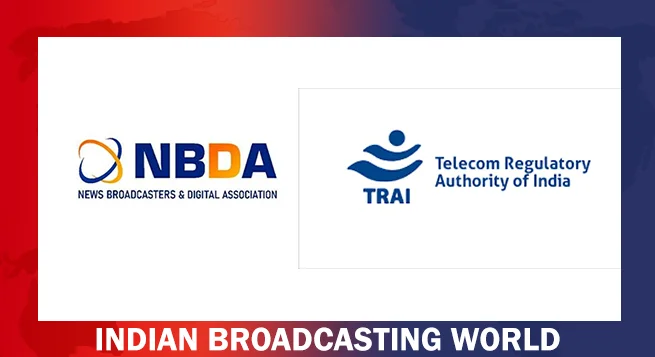The Telecom Regulatory Authority of India (TRAI) has unveiled its recommendations for the National Broadcasting Policy-2024, aimed at fostering growth and innovation in the broadcasting sector. The Ministry of Information and Broadcasting (MIB) requested these inputs from TRAI on July 13, 2023, under Section 11 of the TRAI Act, 1997.
TRAI’s initiative began with a Pre-Consultation Paper issued on September 21, 2023, to gather preliminary issues for consideration. Following feedback from stakeholders, a Consultation Paper was released on April 27, 2024, identifying focus areas and posing 20 key questions. The responses included input from 42 stakeholders, such as service providers, organisations, industry associations, consumer advocacy groups, and individuals.
An Open House Discussion (OHD) was held on May 15, 2024, and additional comments were received and considered. The analysis of these inputs has been pivotal in shaping the recommendations for the National Broadcasting Policy-2024.
TRAI‘s recommendations set forth a comprehensive vision to establish a competitive, affordable, and ubiquitous broadcasting ecosystem in India, promoting quality content creation, democratic values, cultural diversity, and inclusivity. The policy aims to attract investments, safeguard intellectual property, develop resilient infrastructure, and generate employment through innovation and collaboration.
To foster a competitive, affordable, and ubiquitous ecosystem for sustained growth of the broadcasting sector, catering to diverse consumer needs, promoting democratic values, and positioning ‘Brand India’ globally.
To establish India as a global leader in broadcasting over the next decade, with a special focus on the next five years, targeting the growth of a robust, adaptive, and technology-driven broadcasting ecosystem.
A. Propelling Growth:
Establish a robust broadcasting ecosystem with data-driven governance.
Support resilient, adaptive, and tech-agile infrastructure for R&D and innovation.
Promote ease of doing business, attract investments, and generate employment.
Make India an uplinking hub for television channels and ensure comprehensive broadcasting services reach all households.
B. Promoting Content:
Establish India as a global content creation hub.
Strengthen public service broadcasting to inform, educate, and entertain.
Support Indian content production across films, animation, visual effects, gaming, and music.
C. Protecting Interests:
Combat piracy and safeguard content creators’ rights.
Fulfill social responsibilities by ensuring information dissemination and promoting green broadcasting practices.
Recognise the broadcaster’s role during disasters and support environmental responsibilities.
Strategic Recommendations
To achieve these goals, TRAI has outlined several strategies, including:
Measuring sector performance to inform policy decisions.
Extending television and radio coverage to underserved areas.
Promoting R&D and securing intellectual property rights.
Supporting new technologies and indigenous manufacturing.
Encouraging innovation-led startups and SMEs.
Establishing effective audience measurement and rating systems.
TRAI’s recommendations for the National Broadcasting Policy 2024 mark a significant step towards transforming India’s broadcasting sector. By focusing on growth, content promotion, and protecting interests, the policy aims to position India as a global leader in broadcasting, driving socioeconomic development, and enhancing India’s soft power on the global stage.
 Delhi HC orders meta to remove deepfake videos of Rajat Sharma
Delhi HC orders meta to remove deepfake videos of Rajat Sharma  Govt. blocked 18 OTT platforms for obscene content in 2024
Govt. blocked 18 OTT platforms for obscene content in 2024  Broadcasting industry resists inclusion under Telecom Act
Broadcasting industry resists inclusion under Telecom Act  DTH viewing going down & a hybrid ecosystem evolving: Dish TV CEO
DTH viewing going down & a hybrid ecosystem evolving: Dish TV CEO  New adventure of detective Feluda debuts on Hoichoi Dec. 20
New adventure of detective Feluda debuts on Hoichoi Dec. 20  ‘Pushpa 2’ breaks records as most watched film of 2024: BookMyShow Report
‘Pushpa 2’ breaks records as most watched film of 2024: BookMyShow Report  Hungama OTT unveils ‘Pyramid’
Hungama OTT unveils ‘Pyramid’  Amazon MX Player to premiere ‘Party Till I Die’ on Dec 24
Amazon MX Player to premiere ‘Party Till I Die’ on Dec 24  aha Tamil launches ‘aha Find’ initiative with ‘Bioscope’
aha Tamil launches ‘aha Find’ initiative with ‘Bioscope’  Netflix India to stream WWE content starting April 2025
Netflix India to stream WWE content starting April 2025 








